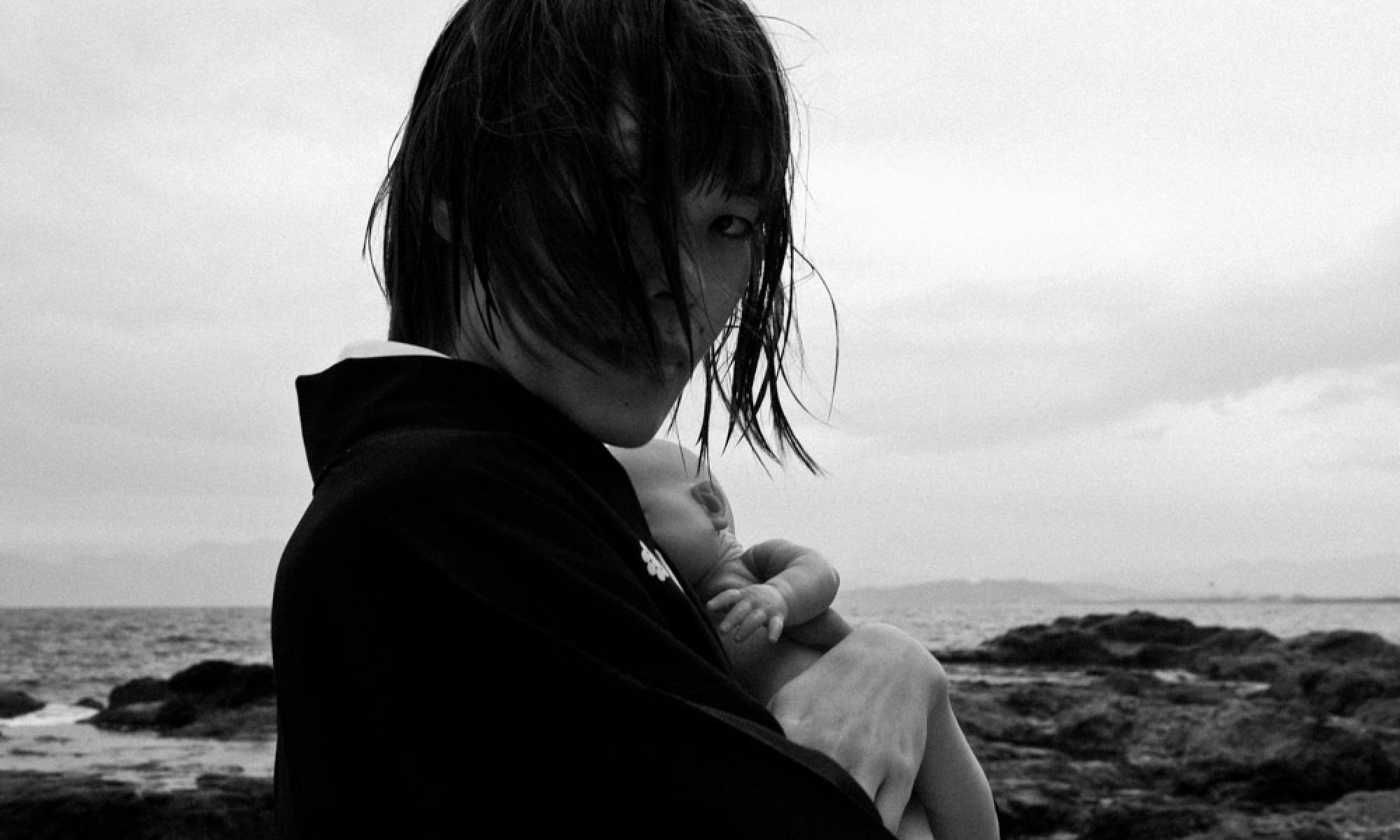I just watched my favorite movie of Kawase Naomi, Mourning Forest (殯の森) again. Any time when I see this film I notice how I’m in kind of cross-roads in my life, and today is hardly any different. However, I would like to write analysis of this movie, or more like explain why I love it so much.
First, word about the director. I could say I have kind of special relationship with her movies. In 2001 Helsinki Ateneum had dedicated entire week of their film festival for her movies. You could buy a ticket and see her early movies like Katatsumori, Embracing and Letter from a Yellow Cherry Blossom. I was there in that time with many Japanese university students, mostly people from TAIK. All of them left the theater with tears in their eyes.
When I was child, I was abandoned and adopted just like Kawase Naomi. Seeing Embracing was like hit from sledgehammer. I felt similarity with Japan.. Now that I have moved to live in Japan, I feel even more connected to her early 8mm films, especially Katatsumori. Her grandma looks like mine (mine is now 90 years old).
I was in Japan working on my own film Arura, when Mourning Forest won Grand Prix in Cannes. It was truly remarkable moment for many people, not only those involved in the production of the film but her fans as well.
Mourning Forest is not a documentary film. It’s fiction, made like documentary, much like her earlier movie Moe no Suzaku. It tells about lonely woman taking care of elderly man Shigeki in a nursing home. The woman, Machiko is mourning her lost child, silently. It’s been 33 years since Shigeki had lost his wife. In buddhism it’s the year when the deceased finally, entirely leaves the earth. By kind of coincidence they embark into a journey into a mountain forest where Shigeki seeks the memory of his wife.
He digs a hole into the earth and says “the soil feels so good..”.
This movie feels like pure expression of the director herself. I love this final cut, it feels just right. Characters don’t have made-up names, for example but actress Ono Machiko is simply Machiko and the musician-actor genius talent Shigeki Uda is just Shigeki. It’s seems very natural.. I’m sure there isn’t much acting involved in the nursing home scene as well, the residents of the home are just so natural, beautiful grandpas and grandmas.. remarkable achievement for a film really, not only because of the director.
This is no doubt one of signature performances of Ono Machiko.
I was so surprised about the dramaturgy of the movie, and how the director employed dramatic elements to the otherwise almost pure documentary-like script.The flooding river scene in the forest for example. Machiko collapses crying in fear, first time in the movie. She gets first time in touch with the same death that took away her son; and she cries for Shigeki, “Don’t go! It’s dangerous! Don’t go!!”. What a powerful scene, the sensitivity for detail and environment what the director shows is truly remarkable. It’s also so beautiful how Machiko removes her shirt to warm up Shigeki in the forest, while he dreams of his long lost wife.
I just love how the movie doesn’t explain too much. It isn’t clear, for example whether the grave of Shigeki’s wife was her real grave or only place which Shigeki imagined. It feels unlikely that Shigeki could have navigated into her actual grave, especially since the entire journey started by accident. But it really doesn’t matter, and perhaps it’s one point what Kawase is trying to make.
The making of movie in DVD reveals that the script had helicopter-rescue scene which was filmed, but was left out. I’m so glad it wasn’t in the film, it’s just not necessary. I am sure, by the way that Kawase didn’t write that, she just wouldn’t! It must have been influence from sponsors who always want happy end. Since I don’t know Kawase personally I can’t really tell, but it’s just my hunch. The final cut is perfect as it is.
This movie will be remembered in history as one landmark piece of Japanese cinema, a memory of long lost era. Kawase Naomi truly deserves her Grand Prix in Cannes.

